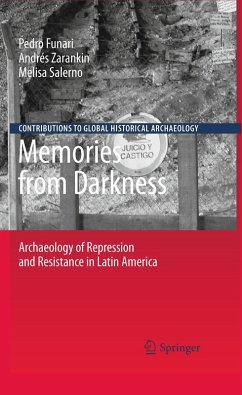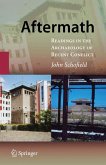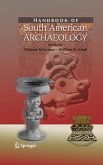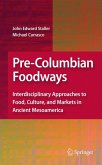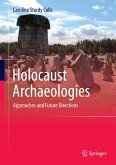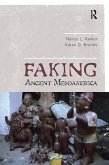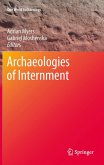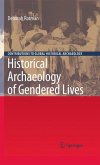Dieser Download kann aus rechtlichen Gründen nur mit Rechnungsadresse in A, B, BG, CY, CZ, D, DK, EW, E, FIN, F, GR, HR, H, IRL, I, LT, L, LR, M, NL, PL, P, R, S, SLO, SK ausgeliefert werden.
Most of the book verges on shocking, but only in that minute scales to which the archaeologists here go in discussing the conditions and effects of repression are not commonly reported at the distance from which I write. Occasionally the contents of the book are downright hard...Memories from Darkness also has useful opinion pieces at its start (Laurent Oliver) and end (Martin Hall) that, rather than disrupting the distinctly South American collection of papers, serve to set them in useful wider contexts. Overall, this is an important publication. Its style feels quite 'raw', but this fits the subject matter and ethos of the book well. Required reading for contemporary and conflict archaeologists, it will also be of particular use to those among the wider world of post-medieval archaeology who are unsure as to the importance of studying the recent past and the present.
James Dixon
Post Medieval Archaeology
46/2, (2012)

